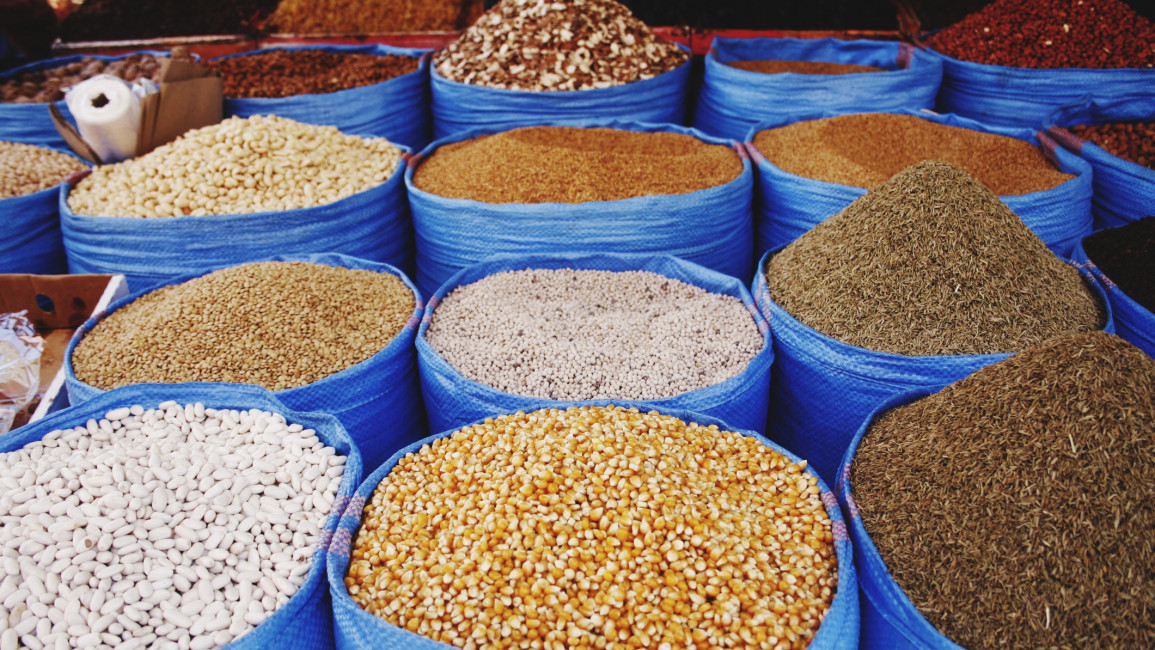Morocco set to lose half its grain production to drought as global cereal prices increase
Morocco is set to lose 53 percent of its yearly grain production due to exceptional drought, agriculture minister Mohamed Sadiki warned parliament last week.
The kingdom experienced its worst drought in four decades this year. By end of March, reservoirs had received just 11 percent of what they would in an average year. Agricultural production has been severely affected as over 90 percent of crops are rain-fed.
More than half of the cereal production could be lost, one year after a record-high production of 10.3 million tons.
This massive crop failure will push Morocco to increase grain imports this year to cover domestic needs, despite the rising price of wheat and barley on global markets.
The government also launched a support program worth 10 billion dirhams ($1 billion US dollars) to support farmers facing heavy financial losses. Agriculture makes up some 14 percent of GDP and is the top employer in rural areas.
To increase its food sovereignty in the future, Morocco said it aims to create a "strategic stock" of basic commodities including cereals, sugar and cooking oils.
Droughts are expected to become more frequent and more devastating across the Middle East in the coming years, according to the latest report by the Intergovernmental Panel on Climate Change (IPCC), a body of experts tasked with studying the dynamics and impacts of climate change.
A 2021 report from Chatham House found that in less than 20 years, upwards of 700 million people may be exposed to droughts lasting as long as six months.
Exceptionally severe droughts were also recorded last year in Syria, Iraq and Jordan.



